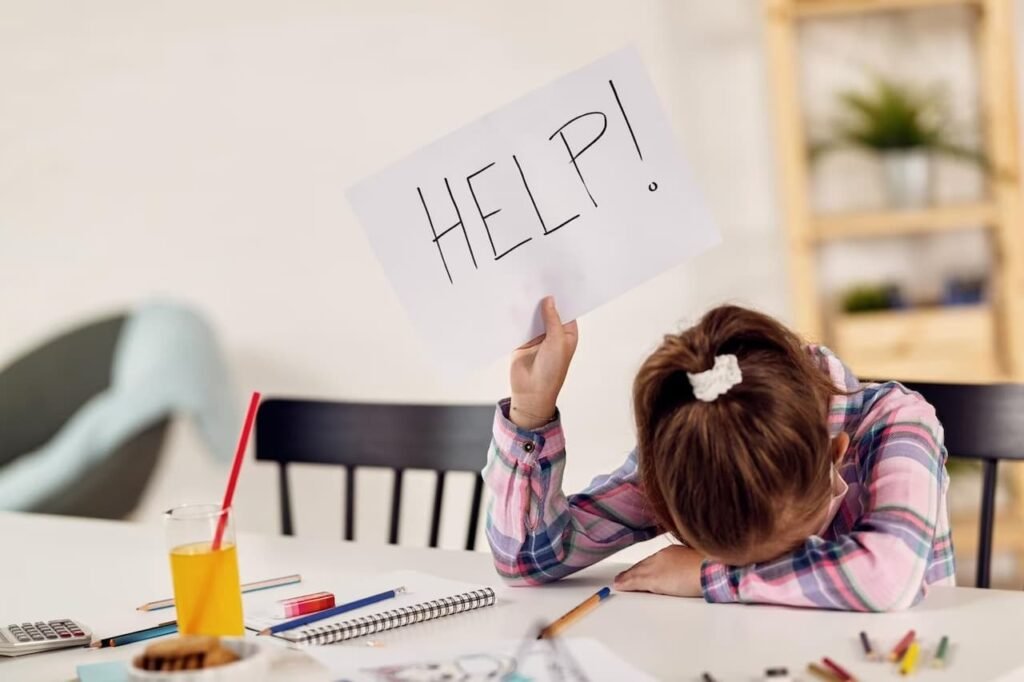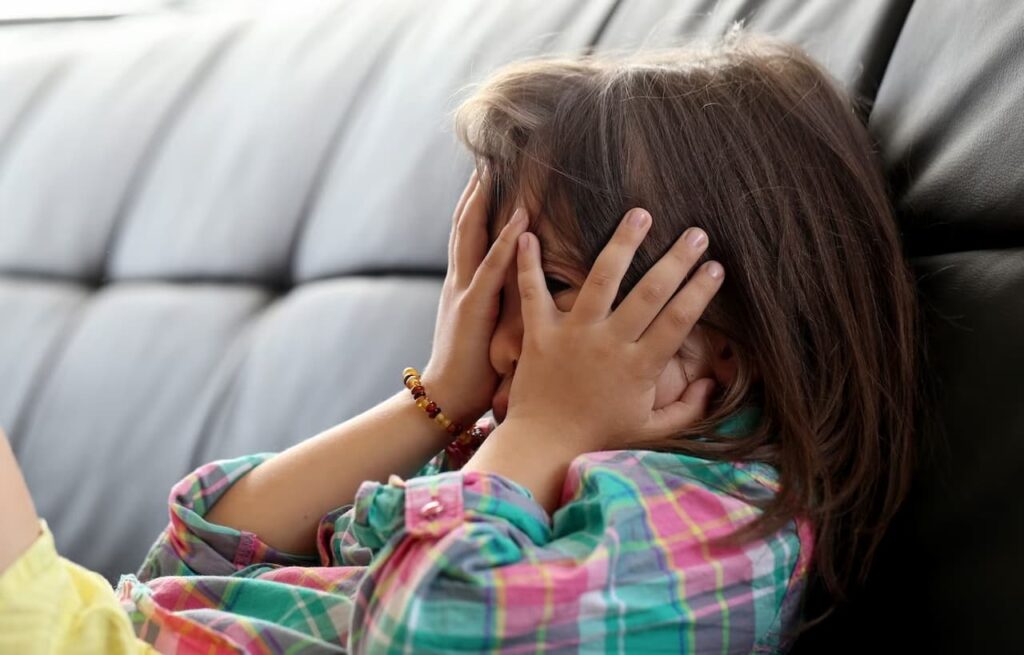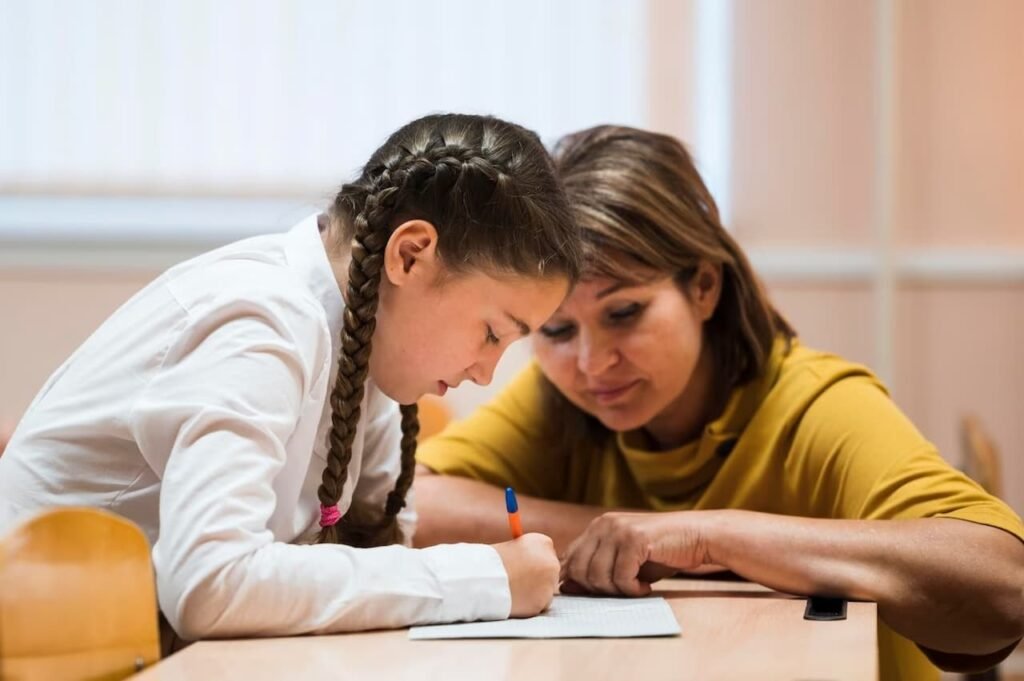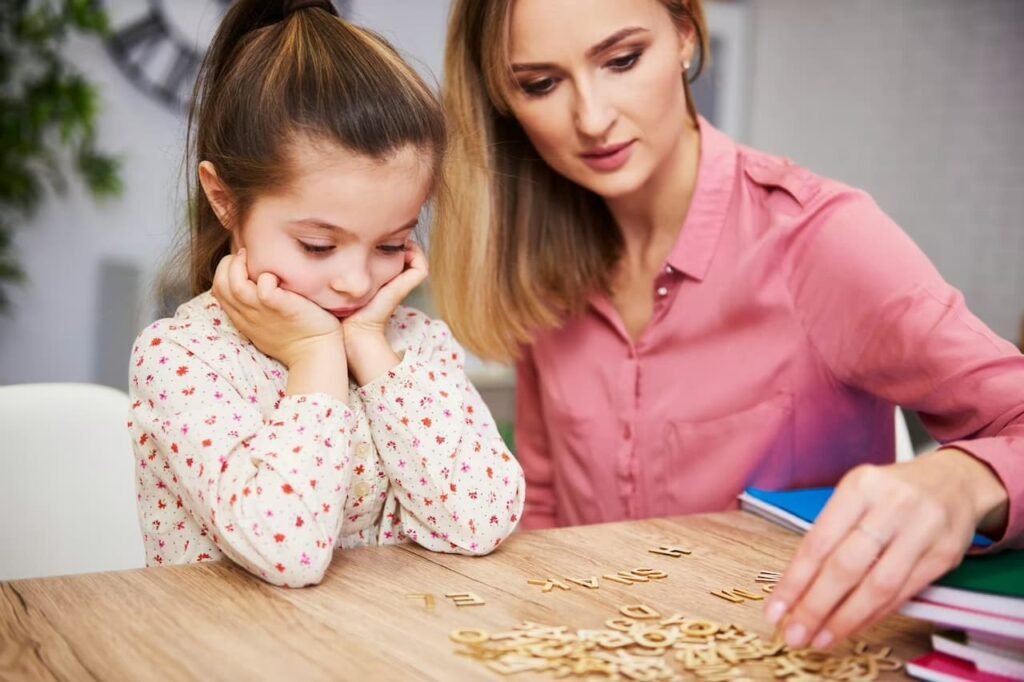Talk to a Psychologist for Online Counselling
Book Appointment Now 100% Private & Secure
Convenient, 100% anonymous, safe, certified professional counseling online.“The child perceives things like a solipsist who is unaware of himself as a subject and is familiar only with his own actions.” – Jean Piaget
Deeksha was a 13 yrs old girl , who was going through a phase of stress due to bullying in school. She was being mocked by her peers for her short height, bad alignment of teeth, and average looks. Demotivating comments from teachers, too, was putting her into the bracket of stress. The teenage issues about looks, physical changes and other hormonal changes were adding to the woes. She was constantly feeling low and neglected. Her grades were getting affected. She started to aloof herself from her friends, and family members.
She started finding solace on social media platforms. She started behaving irksome and was on the verge of crying when encountered. She started acting stubborn too. This isn’t the first case as psychologists. There are many such cases that we come across everyday.
This behaviour is a part of stress in children, which needs to be addressed earlier. Teachers, school counsellors and family members should be watchful about the early signs of stress in children and get help before it worsens.


What causes stress in children?
There are many different factors that can cause stress in children. Some common causes of stress in children include :
Family issues
Children may experience stress due to conflicts within the family, separation or divorce of their parents, or financial difficulties.
School-related issues
Children may experience stress due to academic pressure, bullying, or social isolation
Health-related issues
Children may experience stress due to physical or mental health conditions, or due to the illness or hospitalisation of a loved one.
Environmental factors
Children may experience stress due to exposure to violence, natural disasters, or other traumatic events.
Developmental changes
Children may experience stress as they navigate the various developmental milestones and challenges of growing up.
It’s important to recognize that every child is different, and what may cause stress for one child may not necessarily cause stress for another. It’s important to pay attention to your child’s individual needs and help them cope with stress in a healthy way.
How stress affects children
Stress can have a significant impact on children. It can affect their physical, emotional, and mental well-being. Some of the ways in which stress can affect children include:


Physical symptoms
Stress can cause physical symptoms such as stomach aches, headaches, muscle spasms,or difficulty sleeping.
Emotional symptoms
Stress can cause emotional symptoms such as irritability, anxiety, or sadness.
Behavioural changes
Stress can lead to changes in behaviour, such as acting out or withdrawing from activities.
Cognitive changes
Stress can affect a child’s ability to concentrate, learn, and remember new information.
Developmental delays
Chronic stress can interfere with a child’s development, leading to delays in physical, emotional, or cognitive development.
5 early signs of stress in children
It’s important to recognize the signs of stress in children and to help them cope with stress in a healthy way. This may involve providing emotional support, teaching coping skills, and helping them develop healthy habits to manage stress.


Changes in appetite
Stress can affect children’s appetite, leading to either increased or decreased food intake.
Changes in sleep patterns
Stress can disrupt children’s sleep patterns, leading to difficulty falling asleep, restless sleep, or nightmares.
Physical symptoms
Children may experience physical symptoms such as stomachaches, headaches, or other aches and pains when they are under stress.
Changes in school performance
Stress can impact children’s ability to concentrate and perform well in school, leading to changes in grades or difficulty completing assignments.
Changes in behaviour
Children may exhibit changes in their behaviour when they are experiencing stress. This can include becoming more clingy or demanding, or becoming more aggressive or irritable.
It’s important to pay attention to these signs and address any sources of stress in a child’s life as early as possible. This may involve providing support and reassurance, helping them develop coping skills, or seeking professional help
How the assessment for stress is done for children
There are several different methods that can be used to assess stress in children. Some common methods include:


Self-report measures
Children can be asked to complete a questionnaire or a survey that asks them to report on their feelings, behaviours, and physical symptoms.
Behavioural observations
An observer can watch a child’s behaviour and record any changes that may be related to stress.
Physiological measures
Measures such as heart rate, blood pressure, or cortisol levels can be used to assess stress in children.
Interviews
Children can be interviewed by a trained professional to discuss their experiences, feelings, and behaviours related to stress.
It’s important to use a combination of methods to get a comprehensive understanding of a child’s stress levels. It’s also important to consider the child’s age, developmental level, and individual characteristics when assessing stress.
Some common causes and signs of stress in children
Some common sources of stress for children and adolescents can include academic pressure, family and relationship problems, social and peer pressure, and changes in their environment. Children who experience stress may exhibit symptoms such as difficulty sleeping, changes in appetite, irritability, difficulty concentrating, and physical complaints such as headaches or stomach aches.
It is important for parents and caregivers to be aware of the signs of stress in children and to take steps to help children cope with and manage stress in healthy ways. This can include teaching children coping skills, such as relaxation techniques, and helping them to develop healthy habits, such as regular physical activity and getting enough sleep. In addition, it may be helpful to provide support and encouragement to children as they face challenges and to help them find ways to manage their stress effectively.
What age group of children experiences more stress
Children of all ages can experience stress, and the sources of stress can vary significantly depending on the child’s age and developmental stage.
For young children, common sources of stress can include separation from caregivers, changes in routine or environment, and unfamiliar situations. As children grow older and enter school, academic pressure and social and peer relationships may become more significant sources of stress. Adolescents may experience stress related to academic pressure, family and relationship issues, and identity development.


How to help children under stress
It is important to note that stress is a subjective experience, and the amount and type of stress that an individual child experiences may vary based on their unique circumstances and coping skills. Some children may be more resilient and able to cope with stress more effectively, while others may be more vulnerable to the effects of stress. It is important for parents and caregivers to be attuned to their children’s needs and to provide support and guidance as needed to help them cope with stress in healthy ways.
There are several steps that parents and caregivers can take to help children cope with stress:
Help children identify their feelings
Encourage children to talk about their feelings and concerns. Helping them to put their feelings into words can help them feel heard and understood. Help them understand where they are mistaken and how they can rectify themselves.
Encourage healthy habits
Encourage children to get enough sleep, eat a healthy diet, and engage in regular physical activity. These healthy habits can help children cope with stress and improve their overall well-being.
Teach coping skills
Help children develop coping skills such as deep breathing, progressive muscle relaxation, and visualisation. These techniques can help children relax and manage their stress in the moment.


Provide support and encouragement
Offer support and encouragement to children as they face challenges and difficult situations. Helping children feel that they are not alone can be a powerful way to reduce stress.
Limit stressors
When possible, try to minimise sources of stress for children. For example, if a child is experiencing stress related to academic pressure, consider talking to the teacher about ways to provide additional support.
Seek professional help
If a child is experiencing significant stress or if stress is interfering with their daily life, it may be helpful to seek the help of a mental health professional. A therapist or counsellor can work with children to develop coping strategies and address any underlying issues contributing to stress.
Sometimes all that a child needs is unconditional love, acceptance and encouragement while going through difficult times. Just be there for your child and make a difference in their life.
Call us to book a session today.
Contact us at +91 9811335150
Email us – info@onlinecounselling4u.com
Follow us on Facebook or Instagram
Talk to a Psychologist for Online Counselling
Book Appointment Now 100% Private & Secure
Convenient, 100% anonymous, safe, certified professional counseling online.

